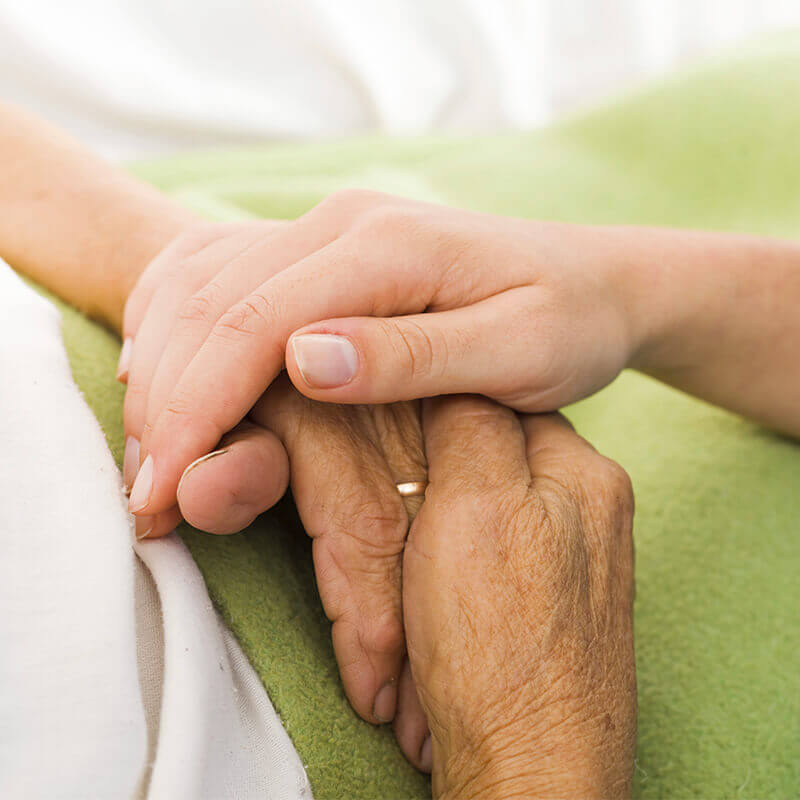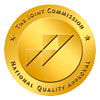This is an expert column to provide a better understanding of grief, bereavement and mourning.
People cope with the loss of a loved one in many ways. For some, the experience may lead to personal growth, even though it is a difficult and trying time. There is no right way of coping with death. The way a person grieves depends on the personality of that person and the relationship with the person who has died. How a person copes with grief is affected by their experience with cancer, the way the disease progressed, the person’s cultural and religious background, coping skills, mental history, support systems, and the person’s social and financial status.
What is grief?
Grief is the normal process of react
ing to the loss. Grief reactions may be felt in response to physical losses (for example, a death) or in response to symbolic or social losses (for example, divorce or loss of a job). Each type of loss means the person has had something taken away. As a family goes through a cancer illness, many losses are experienced, and each triggers its own grief reaction. Grief m

ay be experienced as a mental, physical, social, or emotional reaction. Mental reactions can include anger, guilt, anxiety, sadness, and despair. Physical reactions can include sleeping problems, changes in appetite, physical problems, or illness. Social reactions can include feelings about taking care of others in the family, seeing family or friends, or returning to work. As with bereavement, grief processes depend on the relationship with the person who died, the situation surrounding the death, and the person’s attachment to the person who died. Grief may be described as the presence of physical problems, constant thoughts of the person who died, guilt, hostility, and a change in the way one normally acts.
What is bereavement?
Bereavement is the period after a loss during which grief is experienced and mourning occurs. The time spent in a period of bereavement depends on how attached the person was to the person who died, and how much time was spent anticipating the loss.
What is mourning?
Mourning is the process by which people adapt to a loss. Mourning is also influenced by cultural customs, rituals, and society’s rules for coping with loss.
Our hospice services at Blossom Ridge Home Health & Hospice include counseling on how to deal with grief, bereavement and mourning, which is also known as grief work.
What is grief work?
Grief work includes the processes that a mourner needs to complete before resuming daily life. These processes include separating from the person who died, readjusting to a world without him or her, and forming new relationships. To separate from the person who died, a person must find another way to redirect the emotional energy that was given to the loved one. This does not mean the person was not loved or should be forgotten, but that the mourner needs to turn to others for emotional satisfaction. The mourner’s roles, identity, and skills may need to change to readjust to living in a world without the person who died. The mourner must give other people or activities the emotional energy that was once given to the person who died in order to redirect emotional energy.
People who are grieving often feel extremely tired because the process of grieving usually requires physical and emotional energy. The grief they are feeling is not just for the person who died, but also for the unfulfilled wishes and plans for the relationship with the person. Death often reminds people of past losses or separations. Mourning may be described as having the following 3 phases:
* The urge to bring back the person who died.
* Disorganization and sadness.
* Reorganization.
Please contact us for more information about how hospice can help patients and loved ones deal with grief and related issues.
From PDQ’s Bereavement, Mourning, and Grief. PDQ is the National Cancer Institute’s (NCI’s) comprehensive cancer information database. Most of the information contained in PDQ is available online at NCI’s Web site. PDQ is provided as a service of the NCI. The NCI is part of the National Institutes of Health, the federal government’s focal point for biomedical research.




